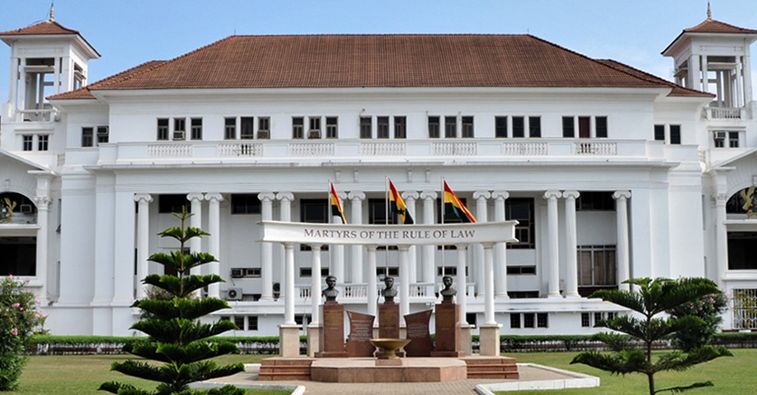In a landmark ruling, the Supreme Court has unanimously upheld the constitutionality of the criminal law against unnatural carnal knowledge involving individuals aged sixteen and above.
The decision reaffirms the legality of Section 104(1)(b) of the Criminal and Offences Act 1960 (Act 29), which had been contested by Dr. Obiri-Korang of the University of Ghana School of Law.
The applicant had argued that this provision violated key constitutional rights, but the Court disagreed.
Dr. Obiri-Korang’s challenge was rooted in the belief that Section 104(1)(b) of Act 29 infringes upon Articles 18(2), 17(2), and 14(1) of the 1992 Constitution of the Republic of Ghana. These articles protect the rights to privacy, non-discrimination, and personal liberties.
Despite these contentions, the Supreme Court maintained that the law in question did not contravene the constitutional provisions cited by the applicant.
The specific clause under scrutiny states that any person who engages in unnatural carnal knowledge of another person aged sixteen or older, with their consent, commits a misdemeanor.
Dr. Obiri-Korang argued that this law was discriminatory and invasive of personal freedoms.
However, the Supreme Court’s interpretation favored the constitutionality of the provision, reinforcing its applicability and legal standing.
The case was presided over by Justice Baffoe-Bonnie J.S.C., along with Justices Amadu Tanko, Gaewu, Adjei-Frimpong, Lovelace-Johnson, Kulendi, and Darko Asare.
Their collective judgment supports the continuation of Section 104(1)(b) of Act 29, underscoring its alignment with the nation’s constitutional framework and the broader legal principles governing Ghana.







